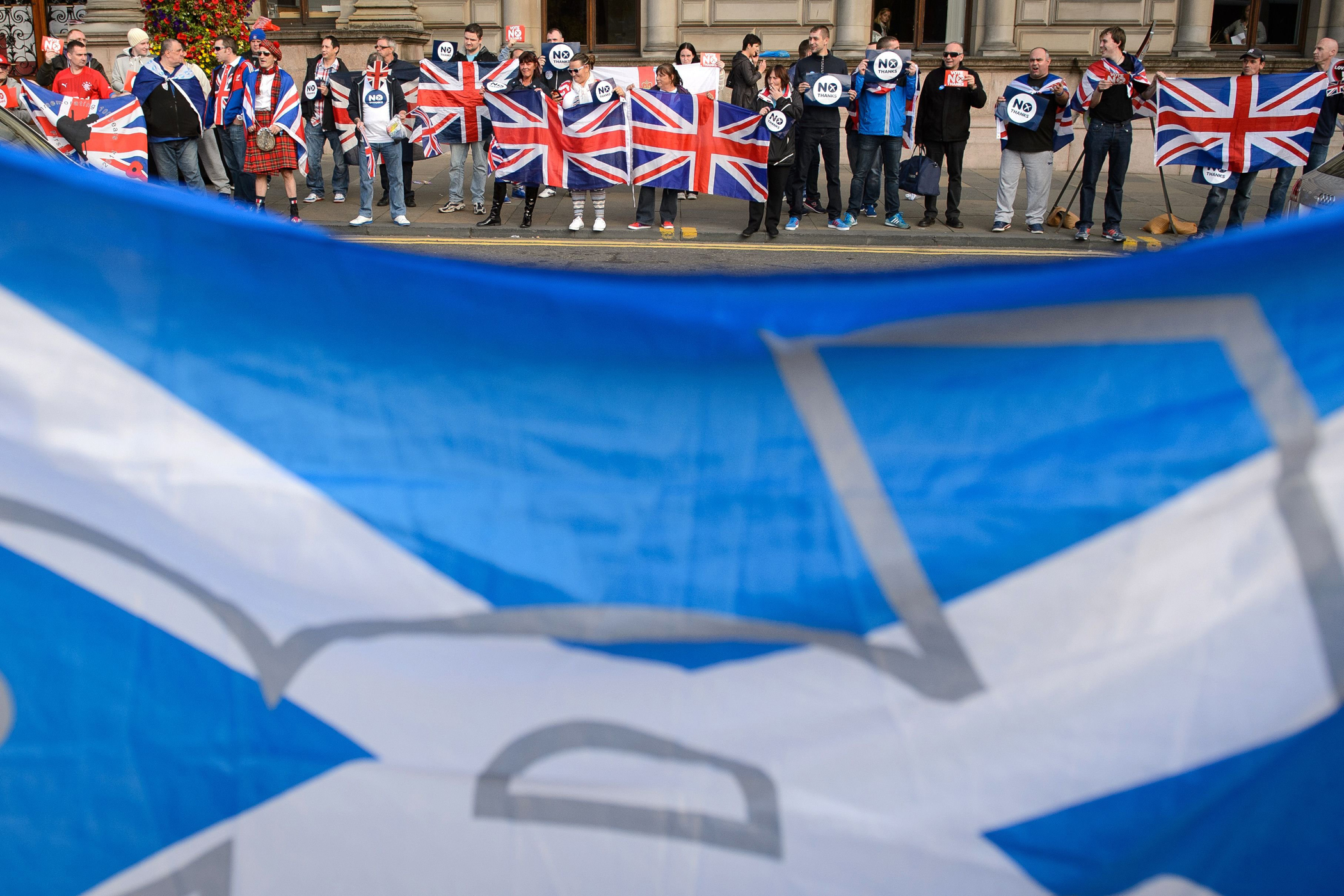
Scotland’s decisive answer to one of the biggest questions in its history — the question of independence — has raised another, less easily addressed one: How does a divided nation move forward?
Since the country voted against splitting from the United Kingdom 55% to 45% on Sept. 18, politicians, community leaders and even Queen Elizabeth II have urged for reconciliation, fearing that the explosive issue might cause a lingering divide in Scotland.
While there were reports of clashes and nasty incidents between the two camps in the lead up to the vote, the fallout from the referendum campaigns had the potential to be much worse. With so much passion and political fire on either side, there’s no easy way for the two sides to reconcile opposing beliefs on what’s best for Scotland.
“I think there will be significant damage from this referendum,” says James Stirling, a 23-year-old trainee wealth management specialist in Edinburgh and a pro-union supporter. He says that the referendum debate split the country in two and “the [campaigning] passion is not going away. It was like fueling a fire.”
That fire has burned out of control at least once since the vote count. Glasgow, the largest city in Scotland and one of only two councils where pro-independence votes were in the majority, saw a pro-union rally turn violent on Friday. Reports and photos on social media depicted swathes of anti-independence supporters in George Square, a pro-independent Yes campaign hotspot before the referendum,draped in Union Jack flags and singing “Rule Britannia,” before fights and vandalism were reported. Six people were later arrested.
It was the kind of scene that many had hoped to avoid. The Church of Scotland planned a special service of reconciliation on Sunday at Edinburgh’s St. Giles’ Cathedral, led by Reverend John Chalmers, to address any wounds in the community. The service was also an opportunity to bring politicians on either side of the referendum debate together, Chalmers told TIME a few days before the service. He also noted that for those who had championed independence, the referendum loss was so pronounced, it was “almost a bereavement.” He hoped that the service would be a way to highlight that those on the other side of the issue could be a source of support in post-referendum Scotland.
Yet, though the service was attended by estimated 1,000 people, including many senior politicians, both First Minister Alex Salmond and his likely successor Nicola Sturgeon, the two most high-profile politicians behind the independence campaign, were no-shows.
Salmond himself has struggled to overcome his grievances. Having publicly accepted the results of the referendum, the fervent nationalist leader claimed Sunday that political leaders in Westminster had misled the people of Scotland with empty last-minute promises to give the country more powers. “It’s the people who were persuaded to vote No who were misled, who were gulled, who were tricked effectively,” he said. “They are the ones who are really angry.”
Rev. Chalmers, speaking before the service, said that those Scots still feeling angry or hurt must focus on the heritage and history that unites them. “The people of Scotland are on two sides of the same coin,” he says. But in order to move forward, he said that Scots must get on the same side and “get back to being Scotland.”
One canny entrepreneur believes he’s found one way for Scotland to do that. After spending months watching the debate unfold amongst his family and on social media, Edinburgh resident Stuart Ebdy, 32, realized that “no matter what happened in the referendum, half our country would be happy and the other half would be sad.” So he decided to make a Referendum Reconciliation Ale, an IPA specially made at a craft brewery in Scotland, that could be shared by Yes and No voters. He ordered 100 kegs, had special labels printed and began selling them online. “There’s only about a handful left,” he says, noting that many orders had been placed after the results were announced.
It doesn’t pay, however, to underestimate the Scottish ability to put aside grievances and simply “get on with it,” as Darren Crocker, a 28-year-old support worker in Edinburgh, puts it. “On paper it’s a divided nation,” he says. “But in real terms we’re fine.”
Scotland Decides: The Independence Referendum In Photos
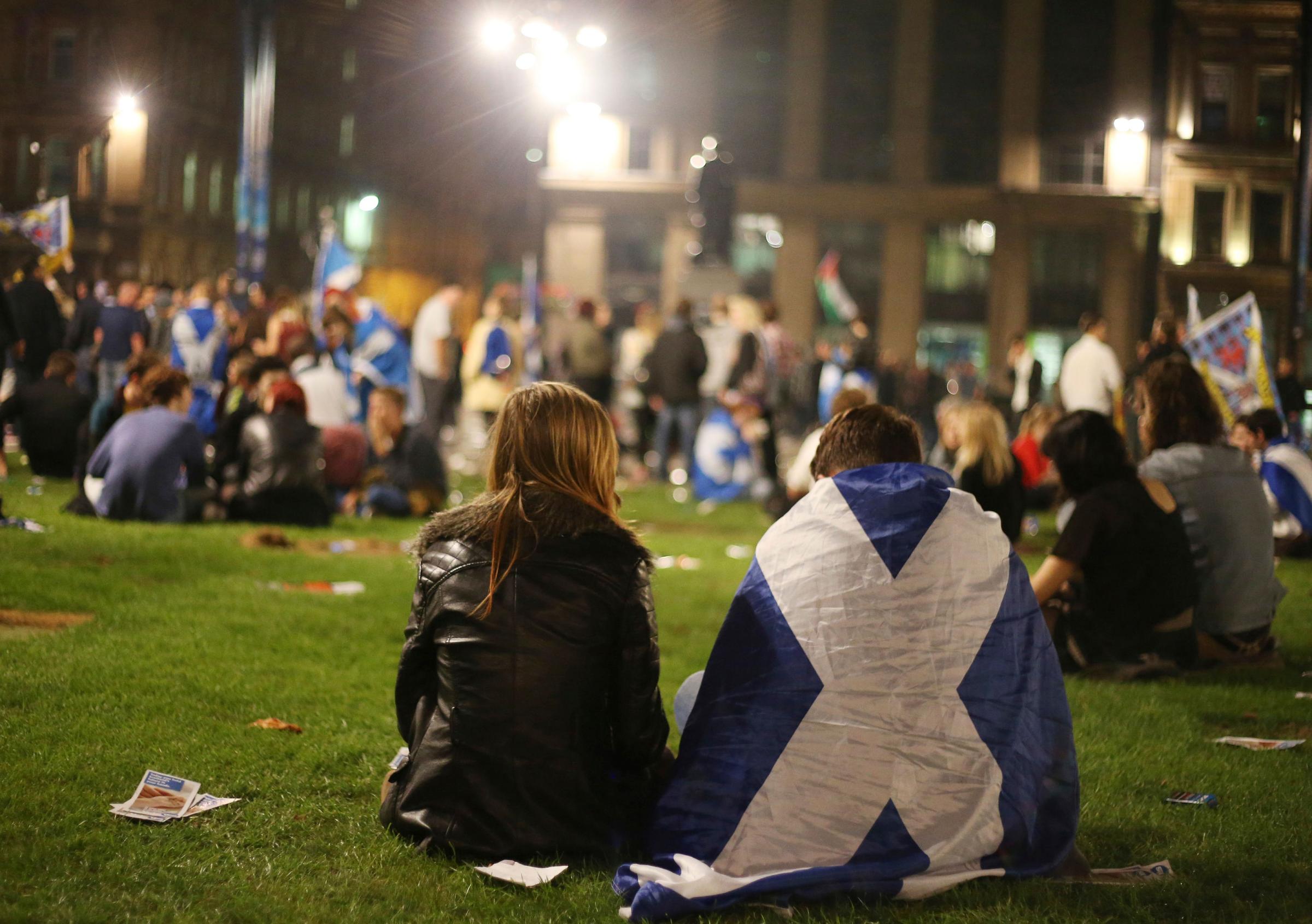
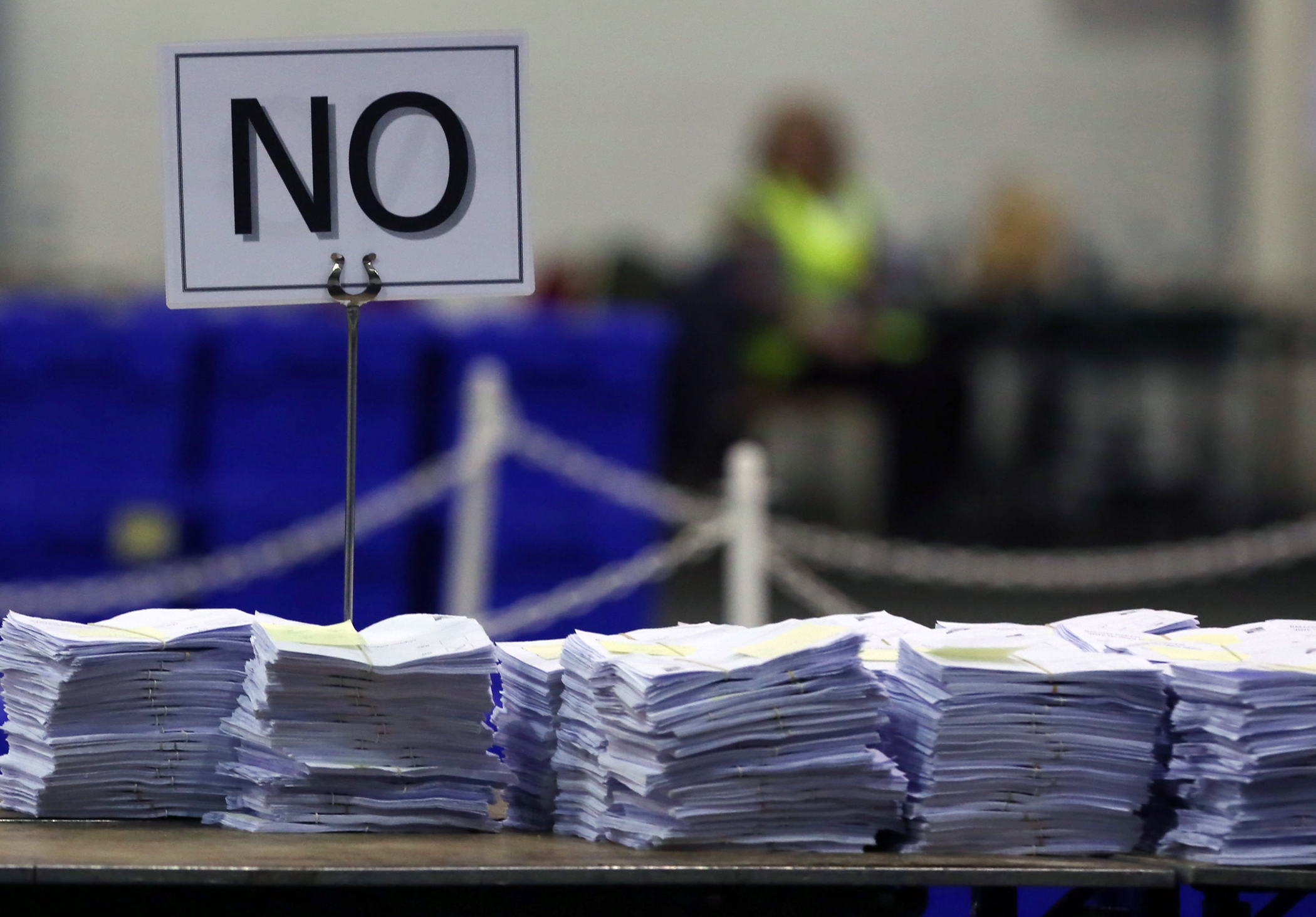
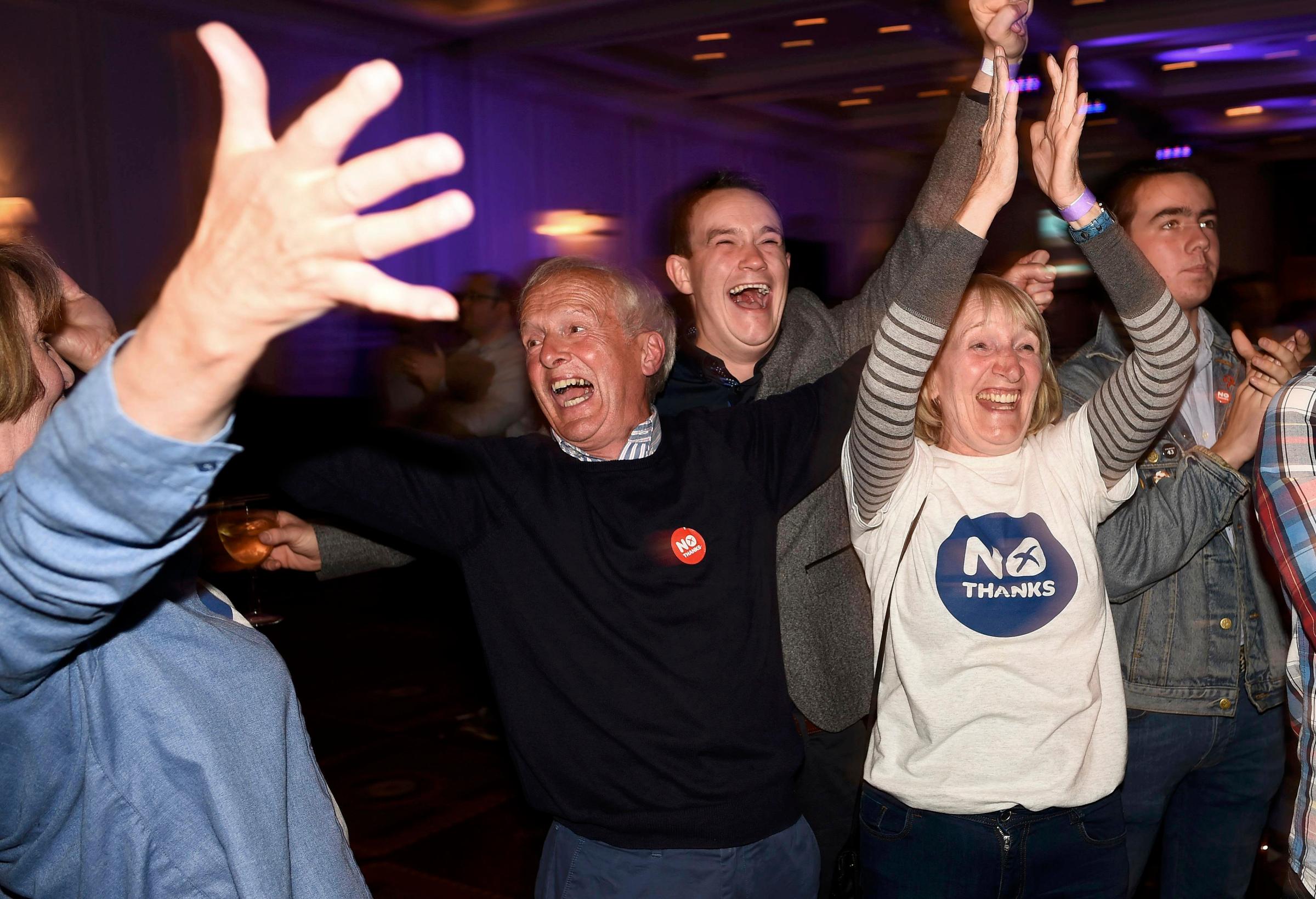
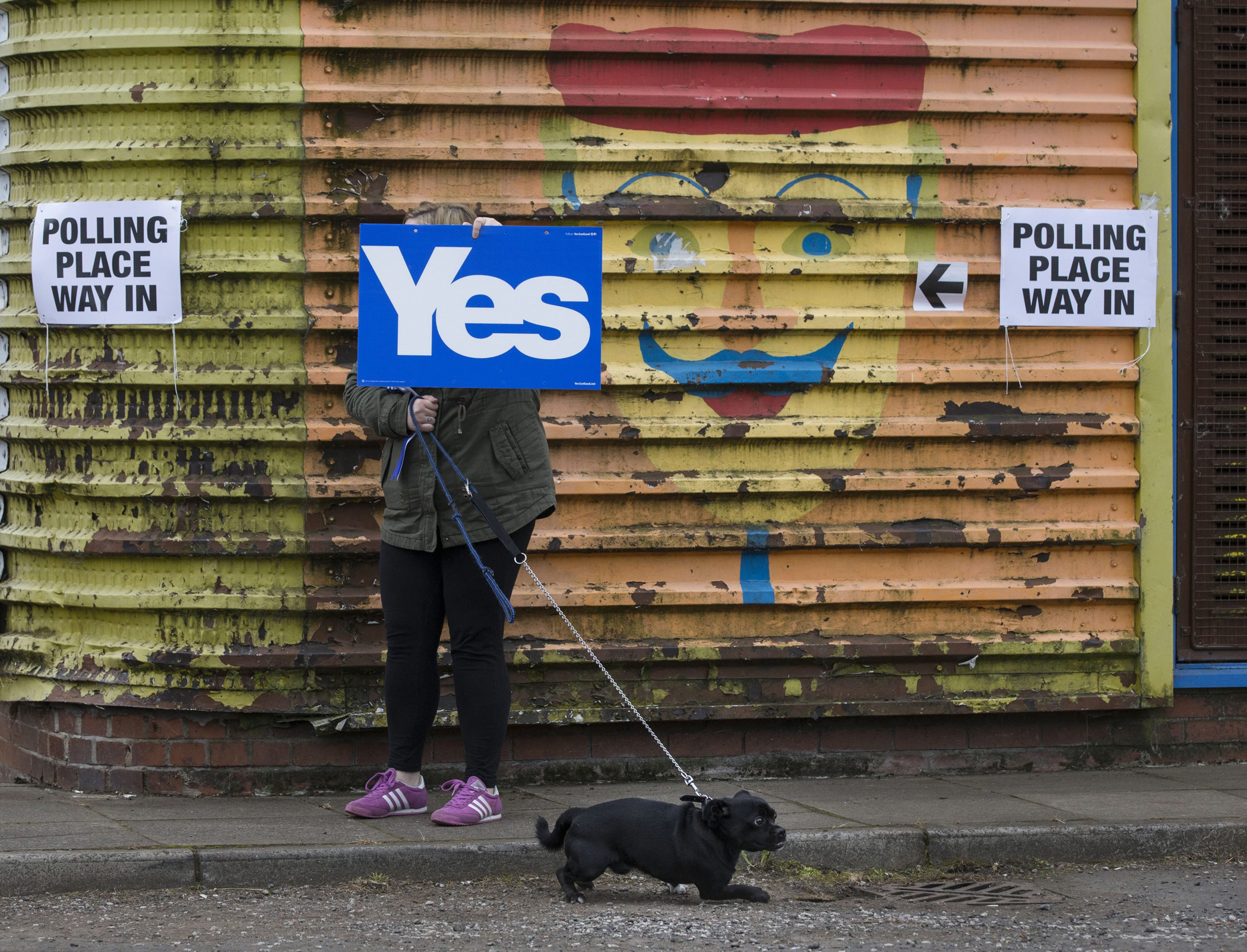
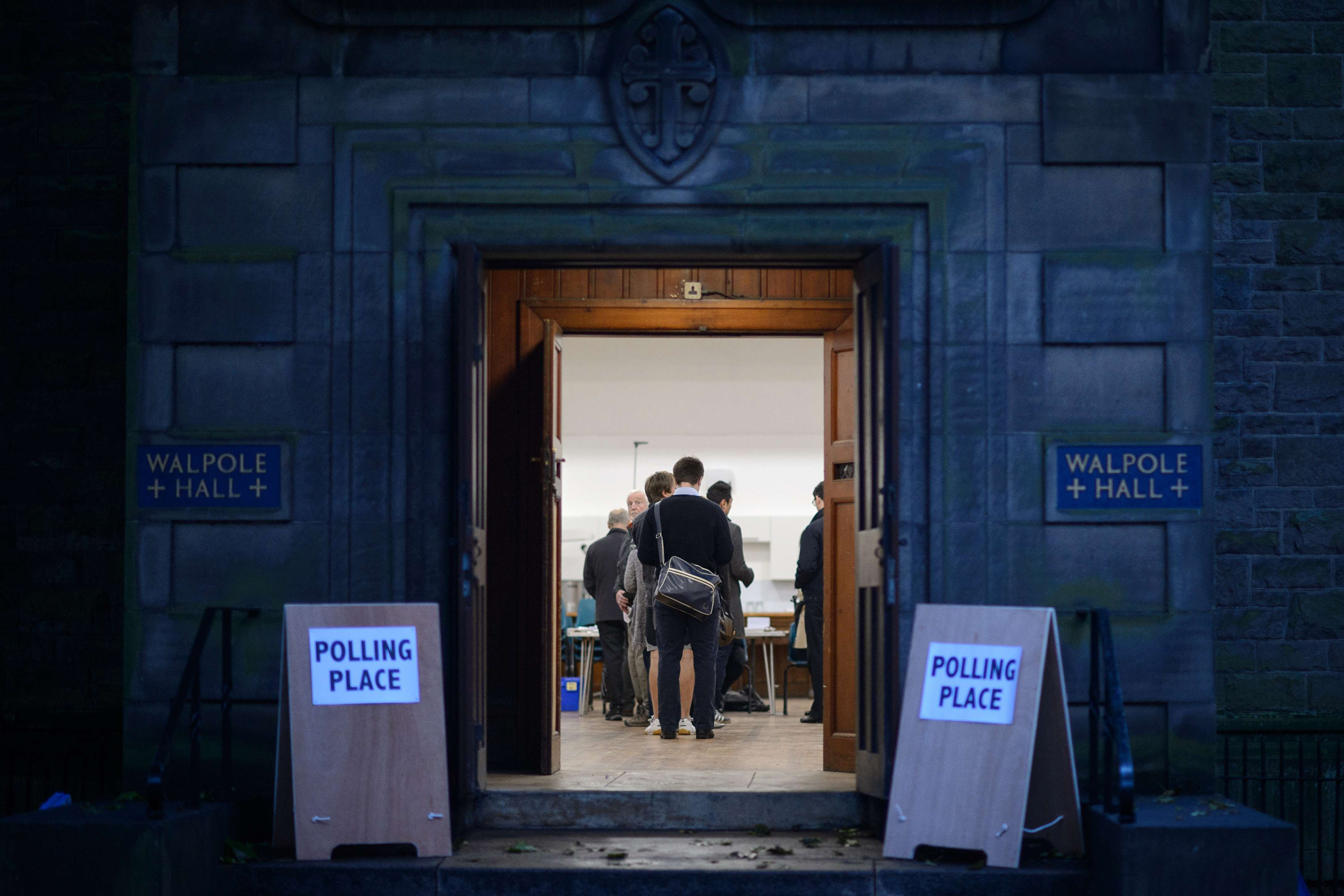
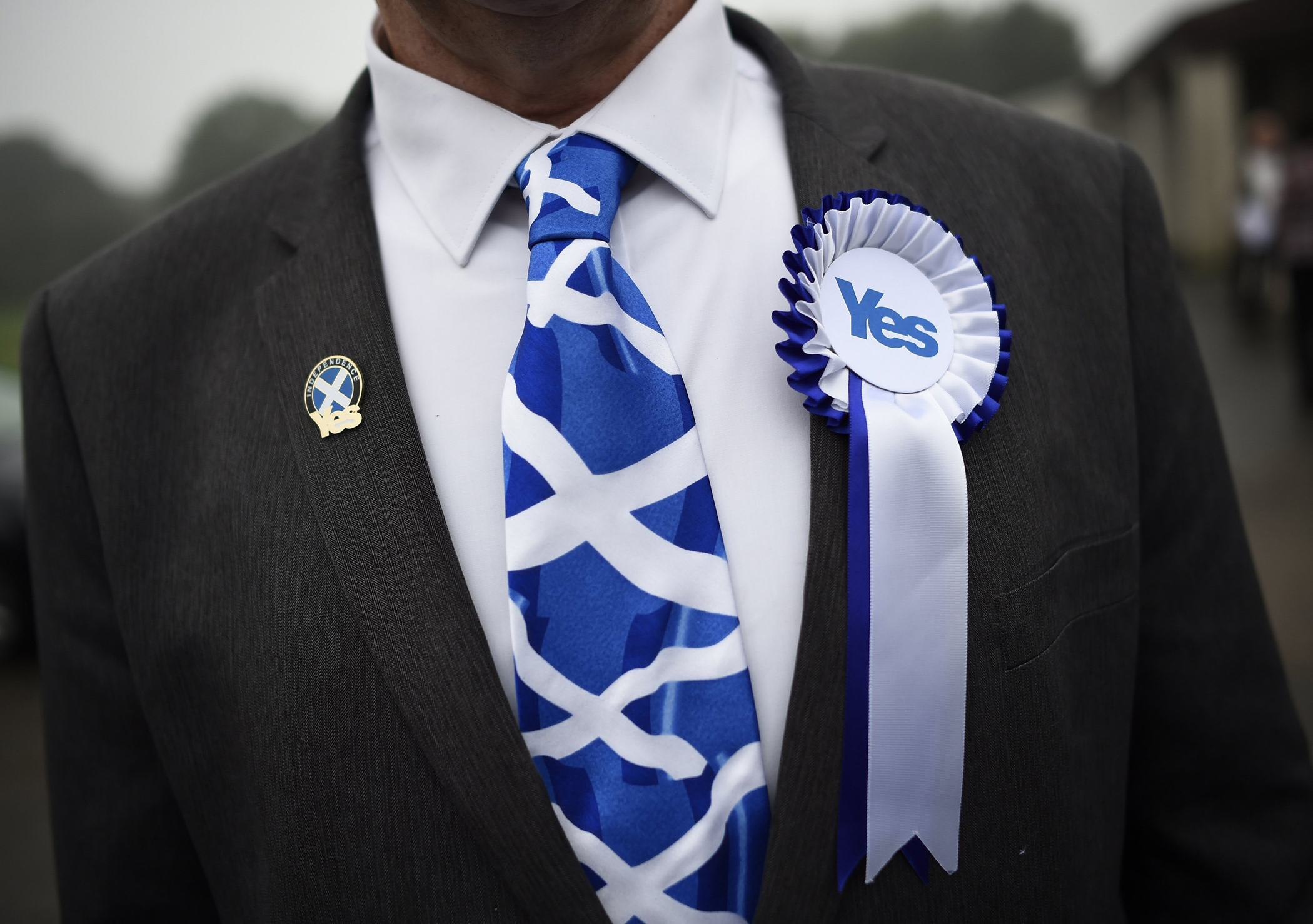
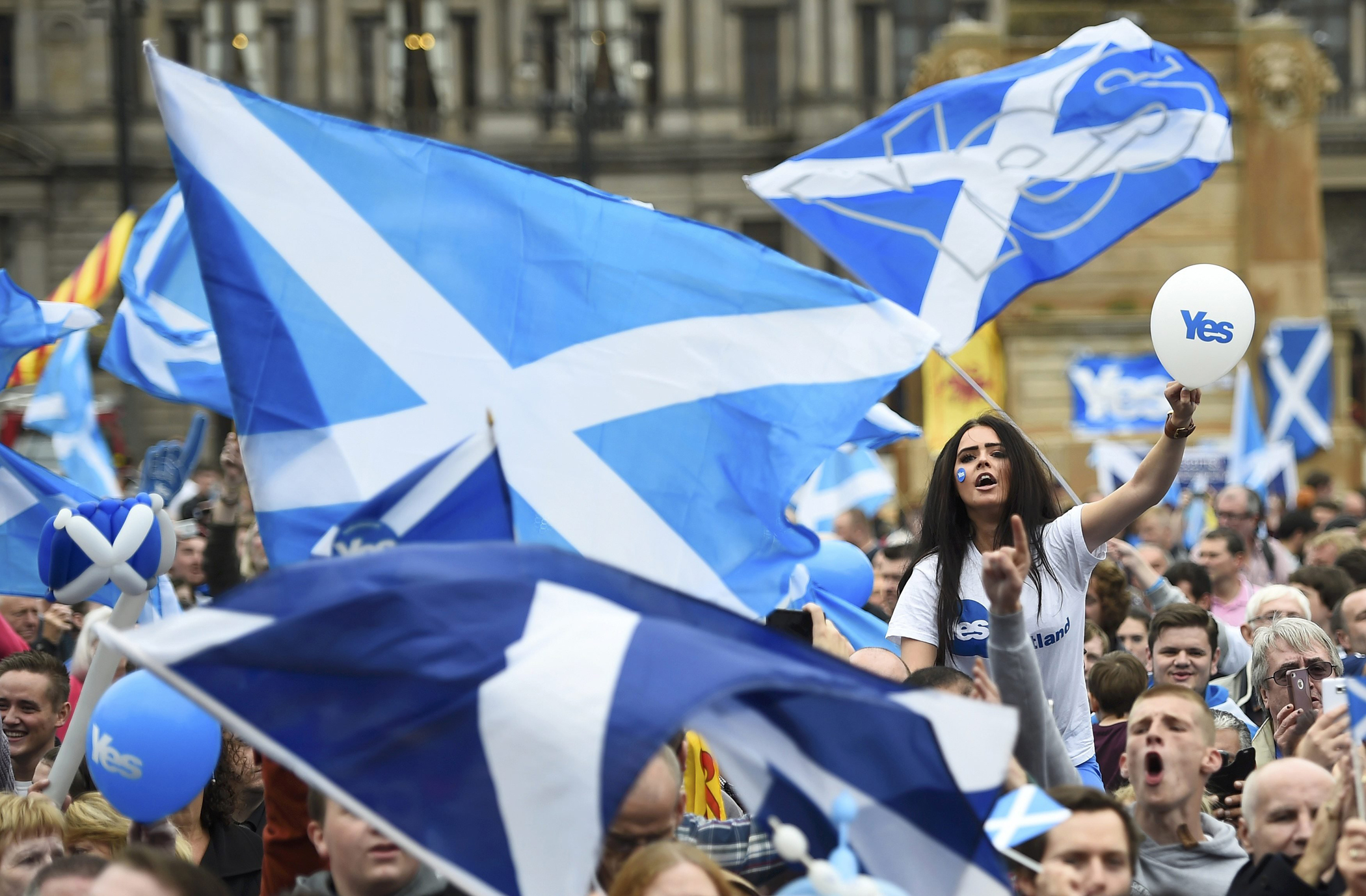
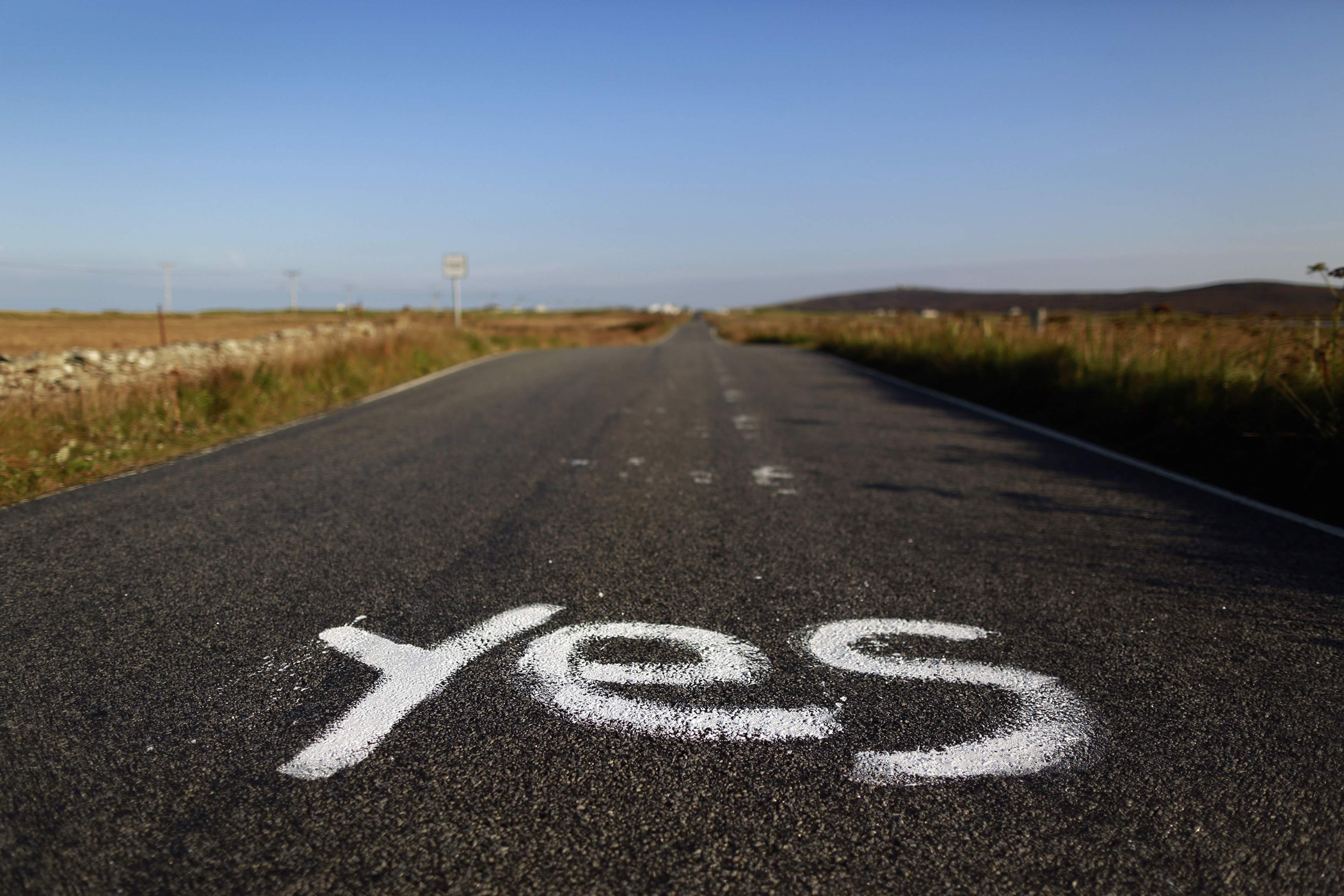
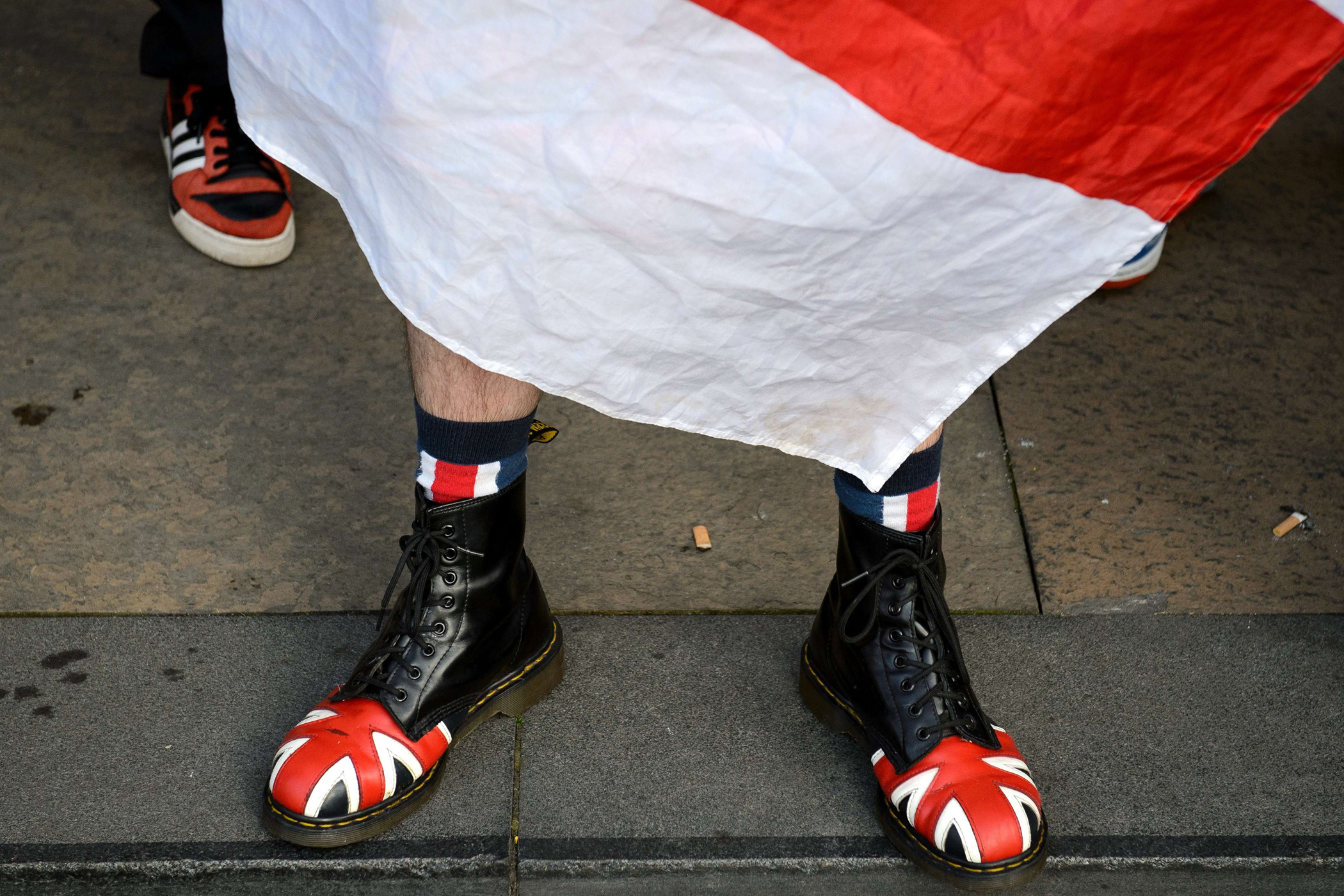
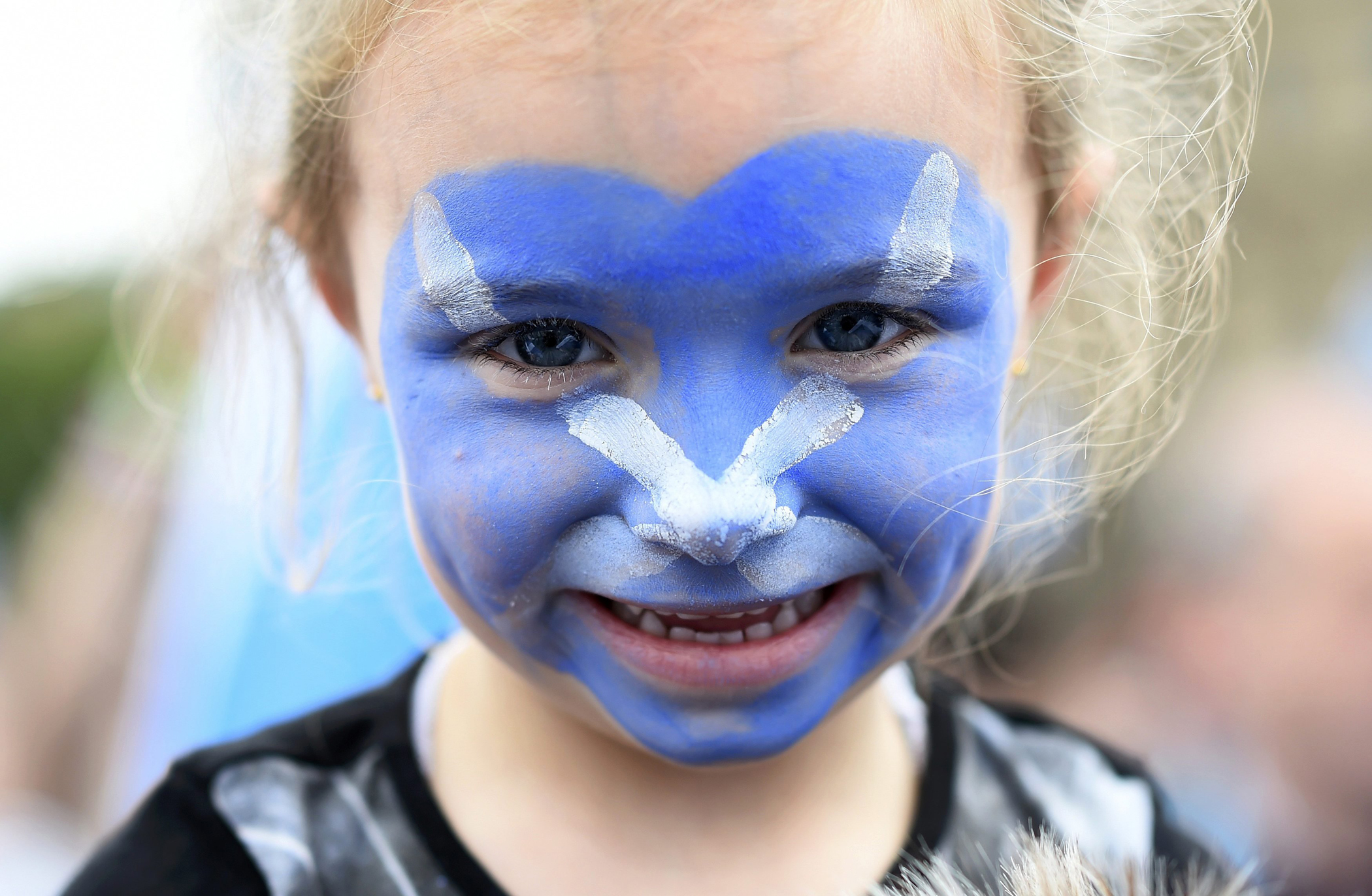
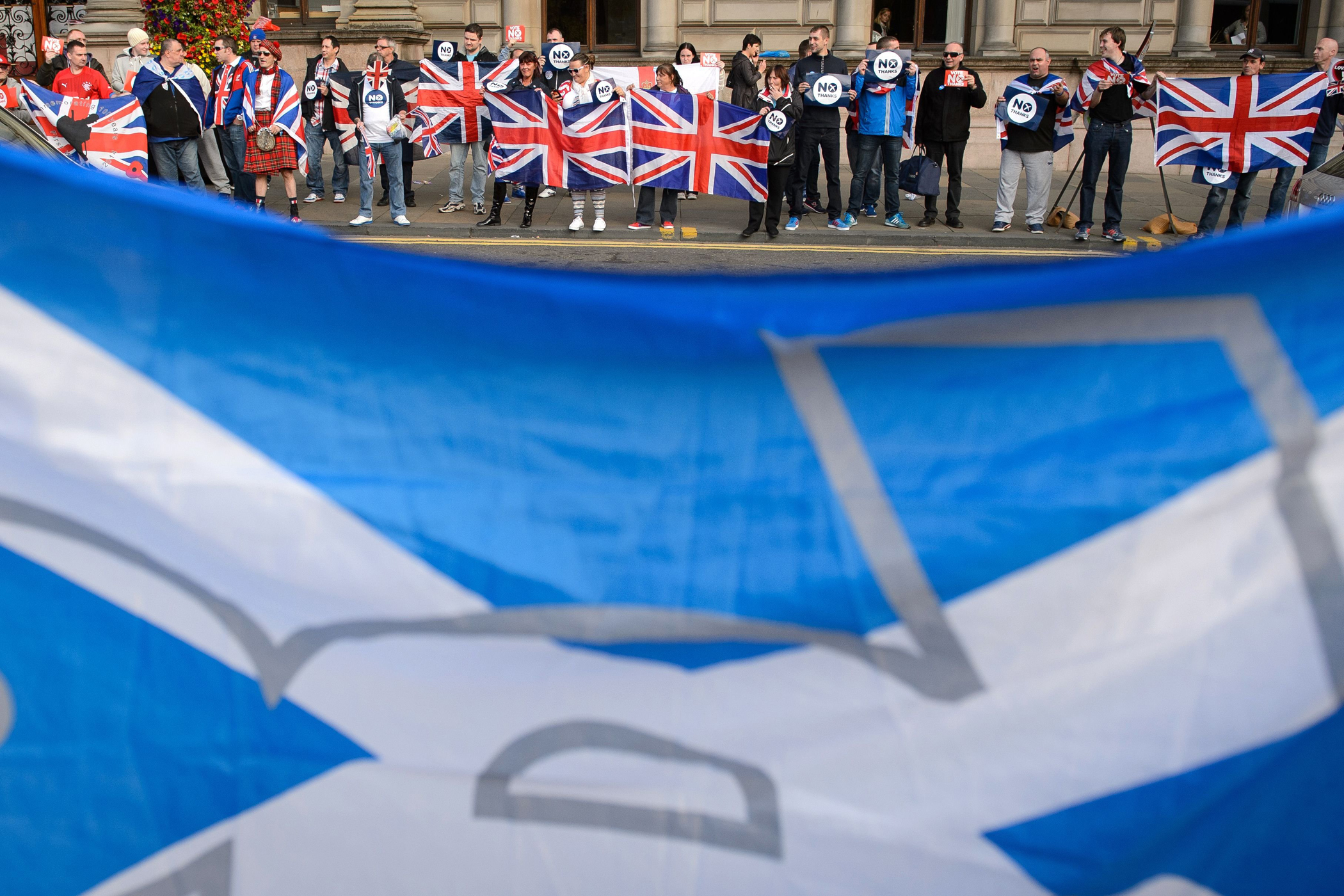
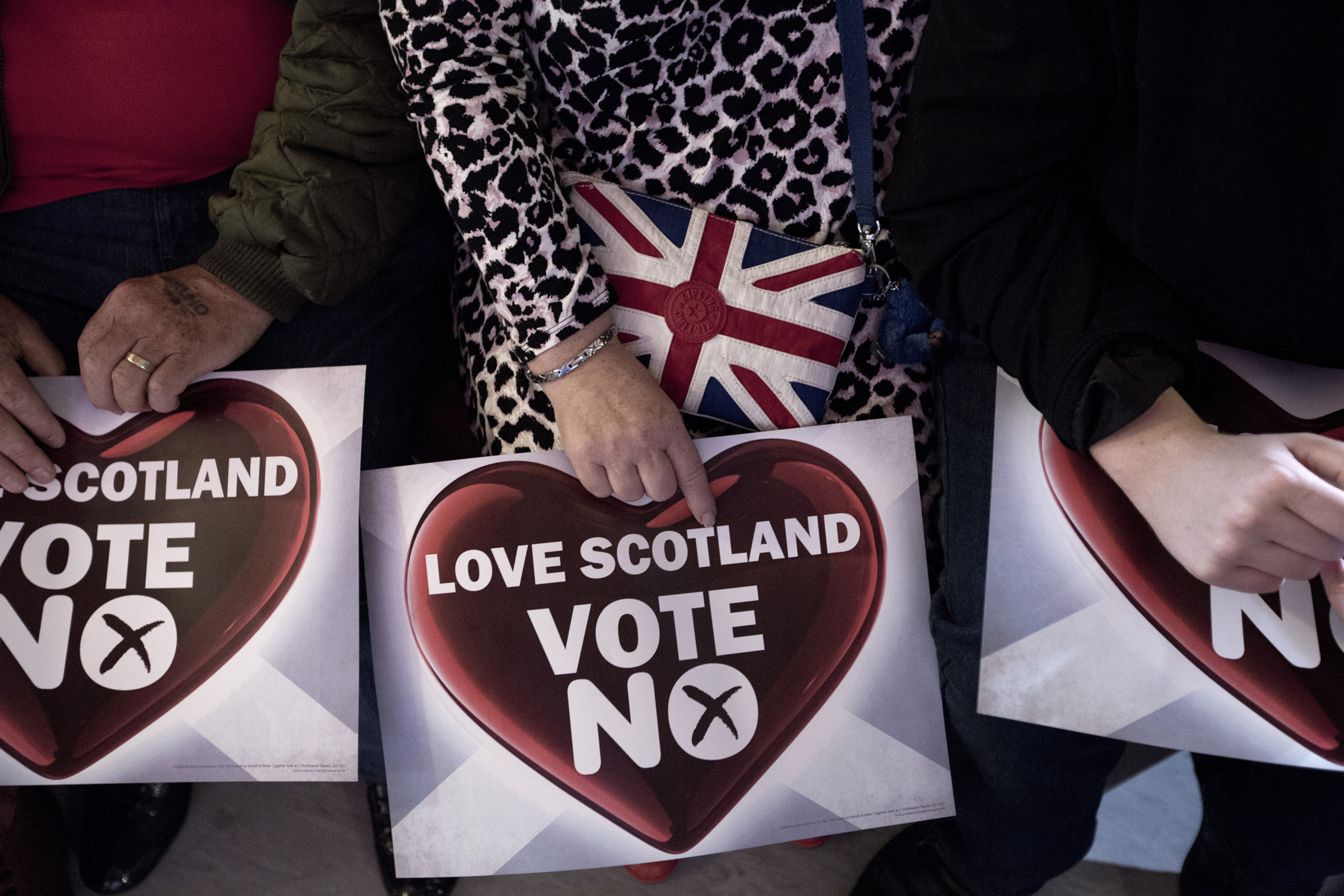
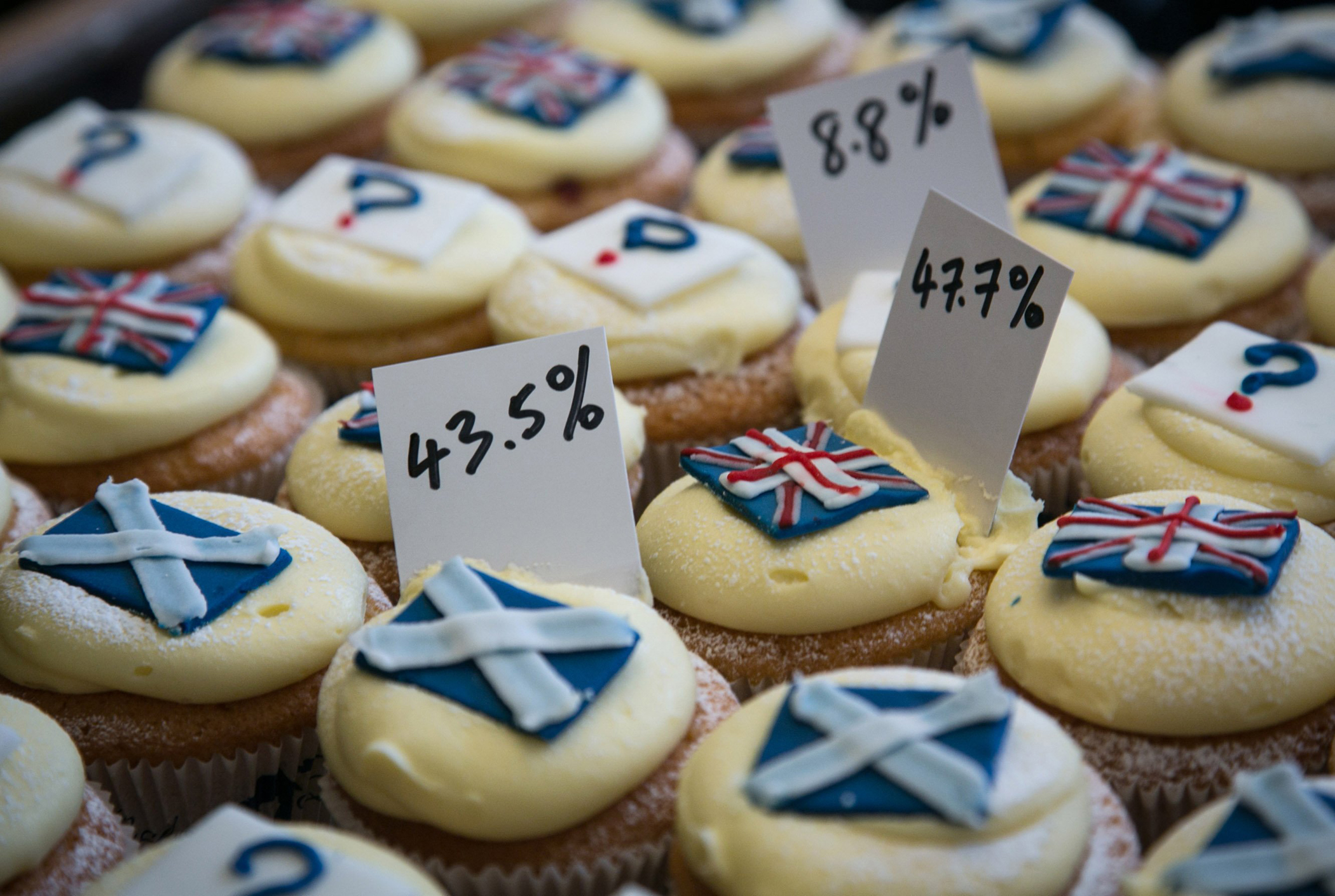
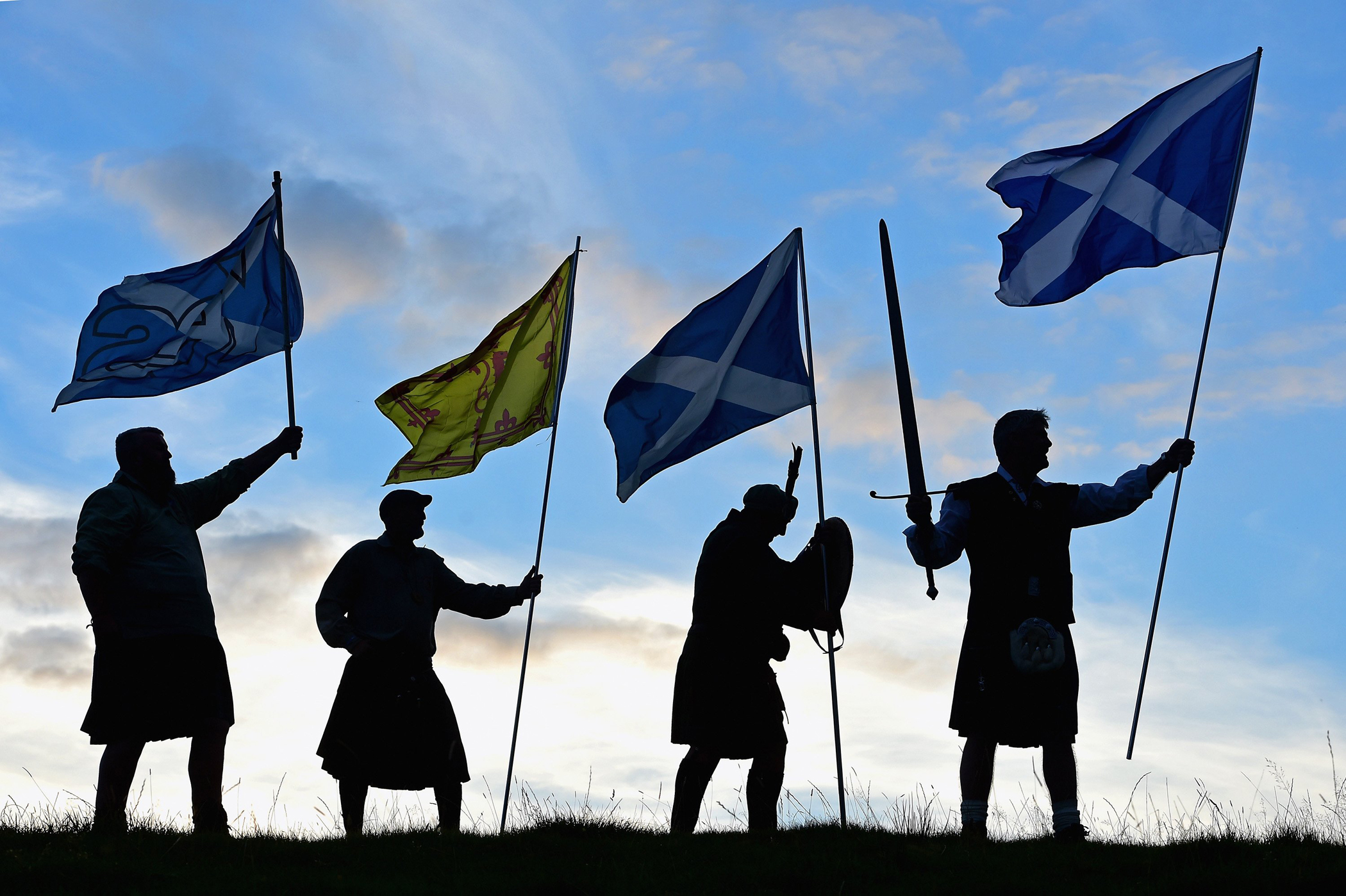
More Must-Reads from TIME
- Breaking Down the 2024 Election Calendar
- How Nayib Bukele’s ‘Iron Fist’ Has Transformed El Salvador
- What if Ultra-Processed Foods Aren’t as Bad as You Think?
- How Ukraine Beat Russia in the Battle of the Black Sea
- Long COVID Looks Different in Kids
- How Project 2025 Would Jeopardize Americans’ Health
- What a $129 Frying Pan Says About America’s Eating Habits
- The 32 Most Anticipated Books of Fall 2024
Contact us at letters@time.com